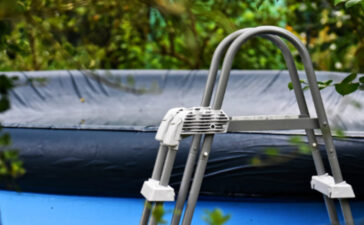When an unexpected expense occurs, many people rely on credit, but a better way exists. You should set aside money to have readily available in case of an emergency, what’s known as an emergency fund. At a minimum, an emergency fund should consist of three months of your living expenses. If you have dependents, your emergency fund should consist of six months of your living expenses. Find out ways you can budget for life’s surprises.
The Need for an Emergency Fund Is Real
A recent study found that 78 percent of full-time working Americans live paycheck to paycheck, having no cash reserve to deal with emergencies. Some common surprises that may call for cash reserves include the following:
- Unemployment
- Home repairs
- Illness
- Unexpected travel
An Emergency Fund Saves You Money
For hard-working people struggling financially, saving money may not seem feasible or realistic. If you are living paycheck to paycheck, you may not realize the ways you can adjust your current spending to save money for unexpected expenses. By adjusting your spending, you can actually save yourself more money in the future.
For example, money spent on furnace installation and maintenance services, such as regular tune-ups, can help you avoid higher expenses later. By using emergency fund money to pay for furnace maintenance, you can avoid paying costly heating bills, HVAC repairs, or new furnace replacements.
Starting an Emergency Fund
Starting an emergency fund may seem overwhelming, especially if you feel like you are financially strapped. Below are some tips you can follow to begin saving money:
- Set a target goal for the amount of money you would like to save.
- Start small and keep your savings’ contributions to an amount that makes you feel comfortable.
- Gradually increase your contribution so you can meet your goal.
- Find ways to save money on your bills, such as using coupons when grocery shopping.
A high-yield savings account is a good place to keep your money. Automatically depositing money into your savings account so that you are not tempted to spend it can be most helpful to you.
When You Shouldn’t Use Your Emergency Fund
What are some occasions when you shouldn’t use an emergency fund? Your emergency funds should not be withdrawn and used for leisure costs, such as taking a vacation or planning a party. An emergency is one that affects your livelihood: It is not something you could have planned for, such as your home’s monthly mortgage bill.
General savings should be used for non-emergencies. If you cannot contribute to both accounts, an emergency fund and a general savings account at the same time, begin contributing to the general savings account once your emergency fund reaches a reasonable threshold.
Everyone can prepare for unforeseen life emergencies. Life is stressful enough without having to scramble to pay for a last-minute surprise. After all, having an emergency fund can mean the difference between being financially prepared during an emergency situation or going into debt because of one.









